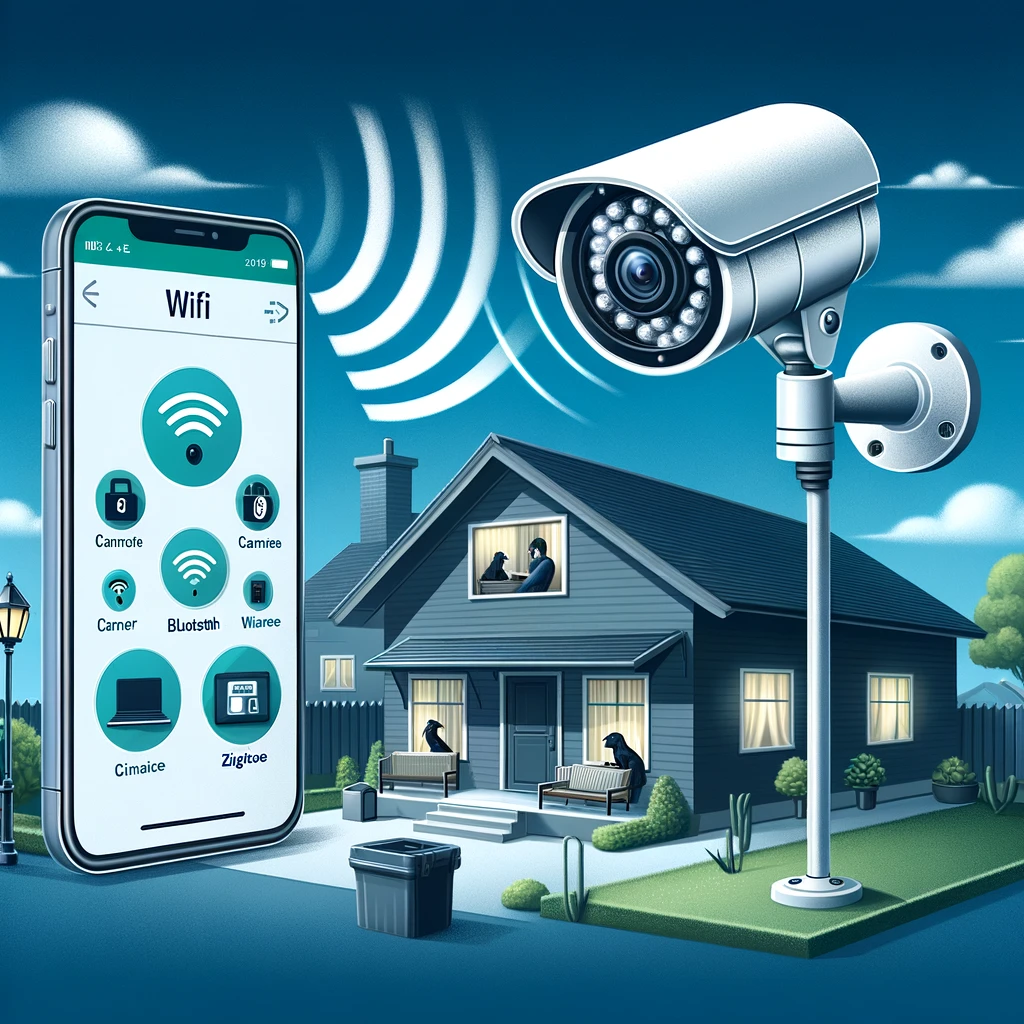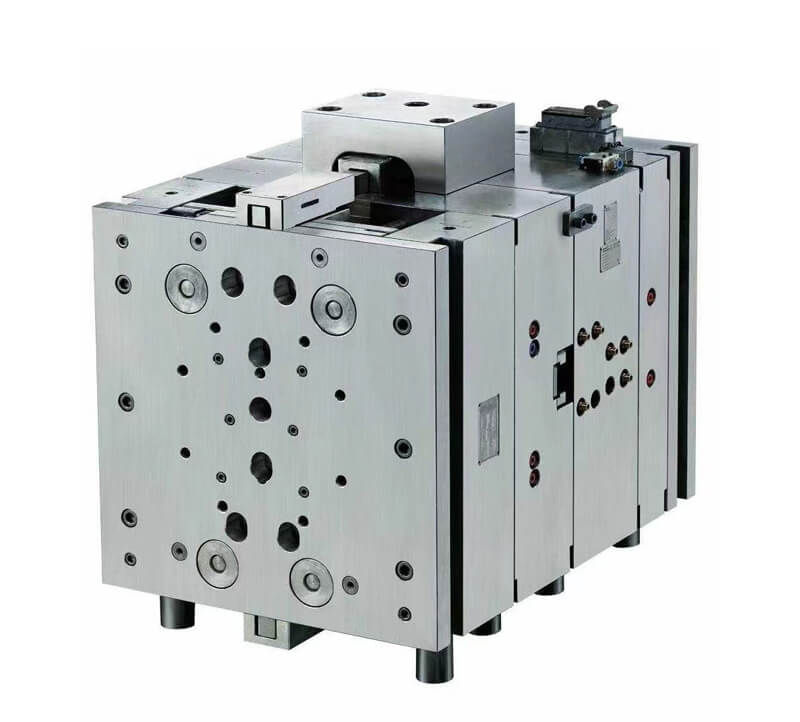Most modern security cameras are designed to operate over WiFi, utilizing cloud services to store and manage footage. However, there exists a variety of security cameras that can function without a WiFi connection, catering to the needs of users seeking flexibility and independence from Internet connectivity.
One viable alternative to WiFi connectivity is the use of cellular data. Cellular security cameras, such as 4G LTE models, transmit video and still images using the cellular network. This option is particularly useful in remote locations where WiFi is nonexistent or unreliable.
Another option for WiFi-independent operation is security cameras with local storage capabilities. These cameras record footage directly onto onboard storage devices, such as SD cards or built-in hard drives.
Direct connection security cameras allow for a physical connection between the camera and the smartphone or viewing device. This can be achieved through various means, including direct WiFi (not connected to the internet but creating a local network between devices), Bluetooth, or even wired connections.
While most security cameras today are designed to work with WiFi for ease of use and functionality, there are viable options available for those seeking to connect their security cameras to their phones without the use of WiFi. Whether through cellular data, local storage, or direct connections, these alternatives provide flexibility for various use cases and environments. When choosing the right security camera without WiFi, consider your specific needs, including location, accessibility, and the level of monitoring required, to ensure optimal security and peace of mind.
Sourcing Shenzhen Studio will source CCTV products that are very compatible with Sumsang, Panasonic, Axis, Hikvision, and Dahua for you.





